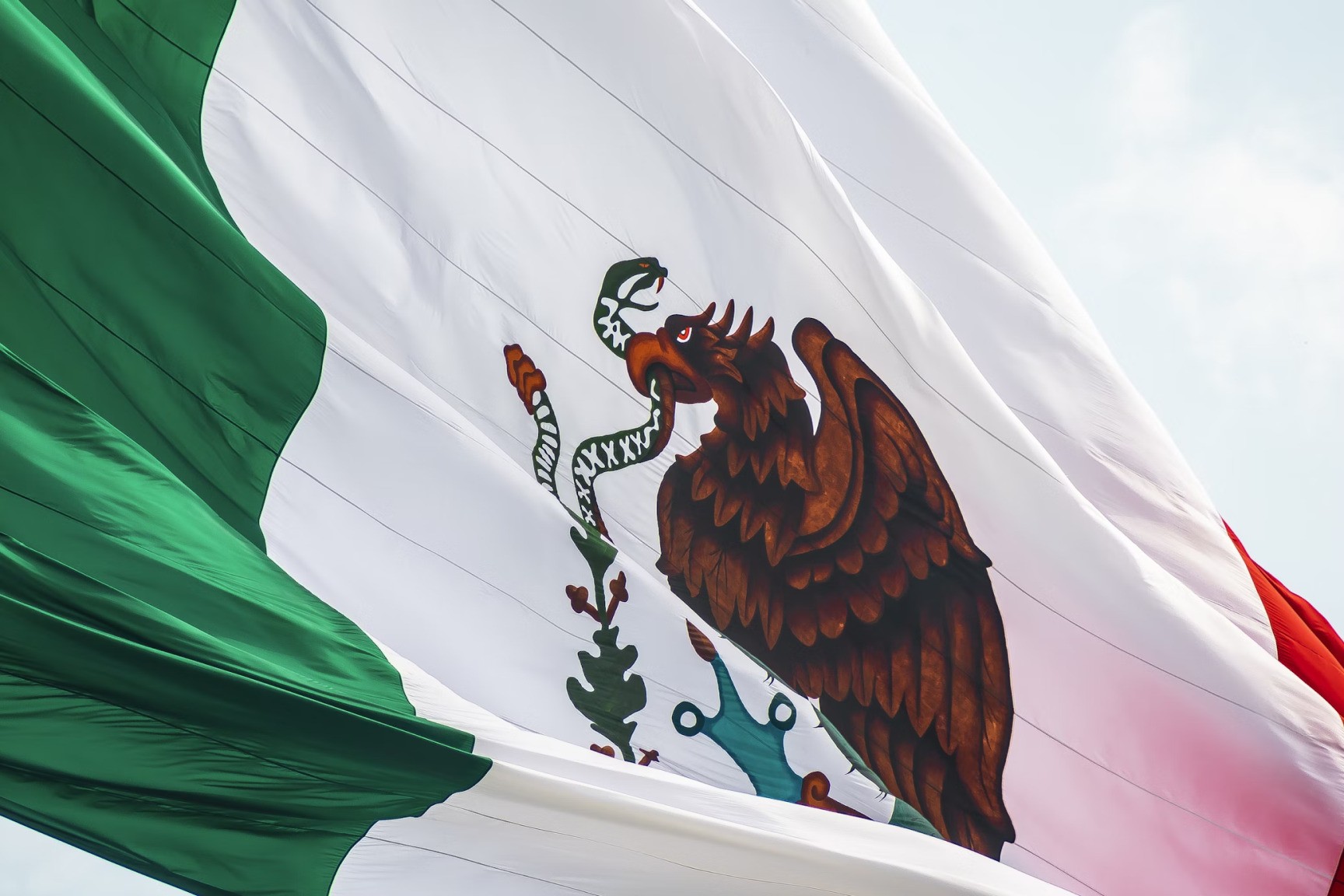
Over 2,700 attendees and representatives from 35 governments met virtually on January 12, 13 and 14 at the XII Ministerial Forum for Social Development in Latin America and the Caribbean “COVID-19 – Beyond Recovery. Towards a new social contract for LAC”.
The event co-organized by the government of the Republic of Colombia and the United Nations Development Program (UNDP), included the Fourth Meeting of the Board of Directors of the Regional Conference on Social Development in Latin America and the Caribbean of the Economic Commission for Latin America and the Caribbean (ECLAC). It brought together vice-presidencies and ministries in charge of the design and implementation of development policies oriented to social, economic and environmental areas in Latin America and the Caribbean. The Forum was aimed at sharing and analyzing experiences and strategies to reach a new social contract for the region that goes beyond the recovery to target conditions prior to the pandemic, and that advances in the construction of more inclusive, productive and resilient societies better equiped to face future crises.
The event was framed by the reflection on how the impact of the COVID-19 pandemic in the region quickly went from being a health crisis, to presenting social, economic and, in several cases, even governance challenges. The pandemic has also interacted with structural lags, threatening decades of progress in the development of countries.
COVID-19 and its unprecedented effects on human development are a warning of the kinds of challenges we will undoubtedly face in the future, unless we transform the way we interact with the planet.
In order not to leave anyone behind, it is essential to strengthen national, regional and global alliances and cooperation mechanisms that include all sectors and forces of society. At the regional level, the new United Nations Regional Collaboration Platform (RCP) for Latin America and the Caribbean, established following the mandate of the UN General Assembly and the UN Economic and Social Council (ECOSOC) to strengthen the regional architecture of the United Nations and ensure a better response to the 2030 Agenda for Sustainable Development, will play a key role.
The forum focused on three critical areas for the region’s development: social protection, inclusive digital transformation, and effective governance.
The forum opened with a welcome greeting from the Minister of Foreign Affairs of Colombia, Claudia Blum, followed by the valuable interventions of H.E. Iván Duque Márquez, President of Colombia, and the renowned academic Francis Fukuyama, among other participants. The first event, reflected on how social protection and tax systems can serve the construction of resilient societies. Participants deliberated on the importance of expanding access to health and social protection for those sectors more vulnerable to the crisis. The importance of rethinking social protection systems so that they gradually move towards universal schemes, was also discussed. This requires to understand social protection systems as a part of a broad social pact that is intimately linked to countries’ fiscal situation.
The 2020 Ministerial Forum offered an oportunity for the Regional Launch of the Global Human Development Report, which had the honor of having H.E. Iván Duque Márquez, President of Colombia as the main speaker and Ms. Laura Chinchilla, Former President of Costa Rica, as a panelist, among other distinguished personalities. The new Human Development Report 2020 (HDI) looks at how humanity can navigate this new era (the era of the Anthropocene), unfolding the relationships between people and the planet and showing how our impacts on Earth interact with inequalities in societies.
The COVID-19 crisis has also made clear the need to move away from a classification of Caribbean economies based solely on income to incorporate a vulnerabilities approach. With a presentation by Ravi Kanbur, Professor of World Affairs and Applied Economics at Cornell University, the forum served as an initial platform for discussion on options for a new classification of the Caribbean economies.
In relation to digital transformation, the central role of technological inclusion was analyzed so that the impact caused by the pandemic does not aggravate social inequalities between those with and without access to economic or learning activities through digital means. The current situation is an opportunity for digital inclusion to promote present and future economic dynamism, in coordination with private agents and civil society. In fact, one of the discussion tables that attracted the most attention from the public, was the one where private initiatives for digitalization for development were discussed with senior executives from companies such as Visa, AT & T / DIRECTTV, 1MillionBot and Davinci Technologies.
On the realm of effective governance, prominent personalities such as H.E. David Choquehuanca Céspedes, Vice President of Bolivia and H.E. Ricardo Lagos, Former President of Chile, among others, shared their perspectives. According to them, a broad and inclusive public deliberation is necessary for evidence-based policies to find an echo in the competitive Marketplace for ideas. Policies that are conceived with transparency and citizens’ participation, are more likely to be effective and sustainable in the medium term.
Finally, the participants examined the measures necessary to consolidate effective governance to prevent the impact on the income of millions of families and on public budgets, from increasing political polarization.
The Vice Presidencies and Ministries thanked the government of the Republic of Colombia and UNDP for the opportunity to dialogue on crucial issues in a context of unprecedented complexity. They highlighted the role of the organization and its strategic contributions offering timely research and policy proposals based on evidence to build solutions to the crisis; as well as the Economic Commission for Latin America and the Caribbean (ECLAC) for its contributions to the reflections of the Forum.
A new social pact to emerge from the crisis requires recognizing that, as a systemic crisis, recovery from the pandemic requires a systemic solution and, therefore, this is an unprecedented opportunity to revolutionize the way we think about and conduct social development.















